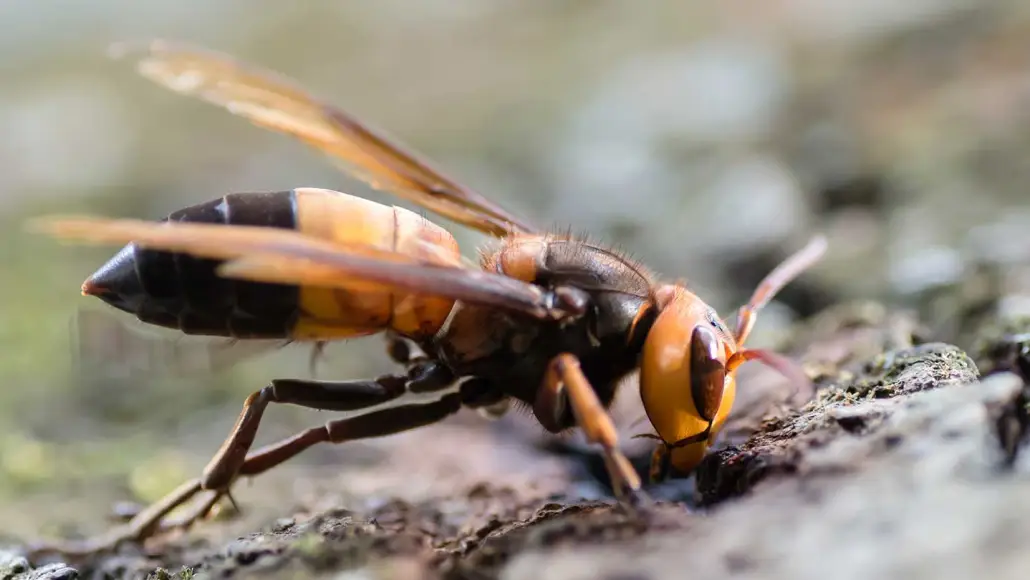Southern Giant Hornet Found in Europe: A Threat to Humans, Honeybees, and Wildlife
A new and concerning discovery has been made in Spain: the presence of Vespa soror, a species of enormous hornets native to tropical Asia. Four of these giant hornets were captured in Spain, marking the first time they have been spotted in Europe. Researchers reported the finding on November 9 in Ecology and Evolution. If the hornets manage to establish a population, they could pose significant threats to humans, honeybees, and other animals.
Key Details of the Discovery
- Species Overview: Vespa soror, or the southern giant hornet, is one of the largest hornets known, with workers growing over 3 centimeters in length. It is a known predator of honeybees, which could impact local beekeeping industries.
- Initial Sighting: In early 2022, beekeepers in northern Spain reported seeing yellow-headed wasps, which led zoologist Omar Sánchez and his team to investigate. By March 2022 and October 2023, four hornets were captured in traps, which were then identified based on their DNA and distinctive black, brown, and yellow coloration.
- Origins and Introduction: Researchers suspect the hornets were brought to Spain as hibernating stowaways in shipments, a method previously responsible for the introduction of other invasive hornet species like the yellow-legged hornet and northern giant hornet. This form of accidental introduction has raised concerns about future invasions.
Potential Impacts
- Threat to Honeybees: Much like other hornet species, V. soror is notorious for attacking honeybee hives. This could devastate the European beekeeping industry, which is already facing challenges due to various environmental pressures.
- Risk to Humans: The sting of the southern giant hornet is described as painful and long-lasting, posing a direct risk to humans, especially those who may be allergic to venom.
- Ecological Consequences: The hornet is a highly aggressive predator, attacking not only insects like wasps and honeybees but also small vertebrates such as geckos.
Next Steps and Concerns
- Ongoing Search for Colonies: Researchers are now focused on finding potential colonies of V. soror in Spain. While it is still unclear if the hornets have established a permanent population, the fact that they were found again in 2023 suggests that at least one queen may have survived and started a new colony.
- Urgency in Control Efforts: Entomologist Phil Lester from New Zealand warns that immediate action is crucial to prevent the species from becoming widespread. “Now is the absolute time to get onto this and try and kill it,” he stresses.
As the situation develops, European authorities are on high alert, as the presence of these giant hornets could have far-reaching effects on local ecosystems, agriculture, and human safety.
